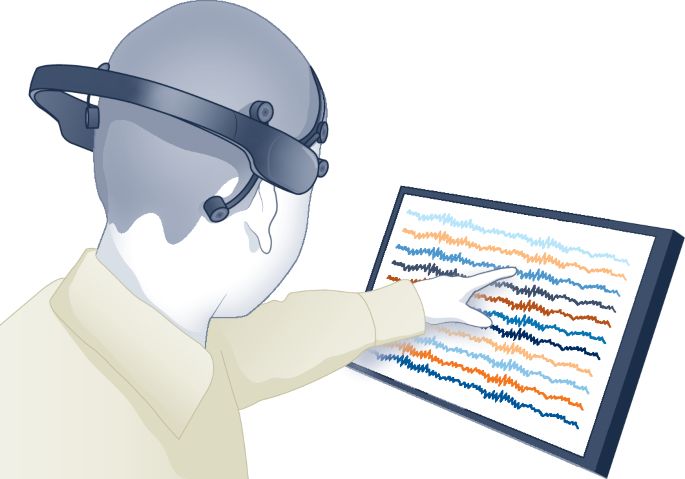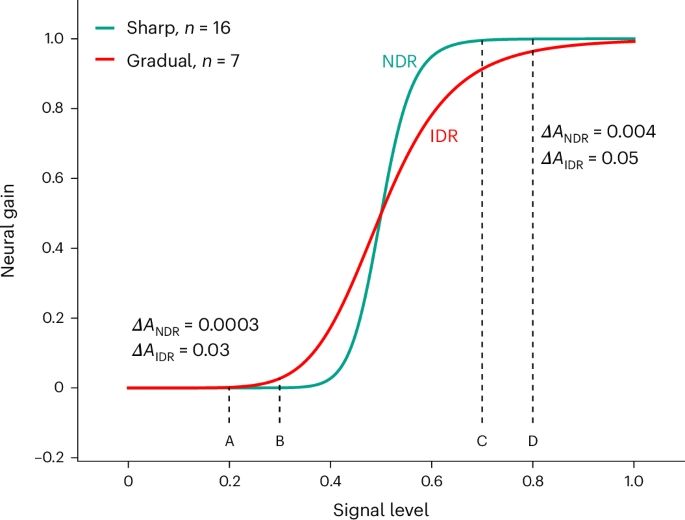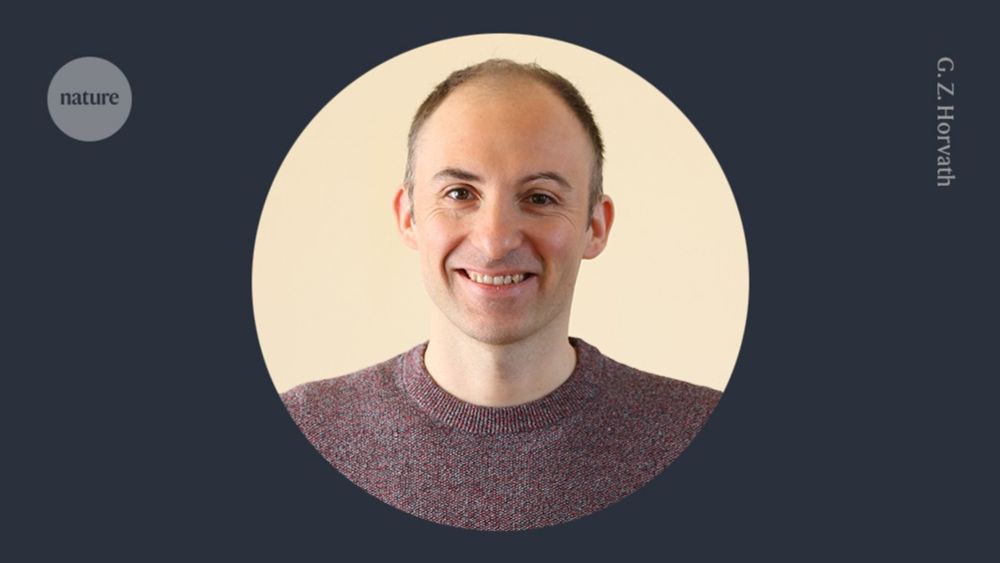Shlomit Beker
@shlomitbeker.bsky.social
2.6K followers
770 following
30 posts
Here for a better, decentralized science communication platform • Asst Prof at Mount Sinai Psychiatry & Neuroscience • Cognitive Neuroscientist • Studying how people with developmental disorders are synched with their environment • www.bekerlab.com
Posts
Media
Videos
Starter Packs
Shlomit Beker
@shlomitbeker.bsky.social
· Jun 21
Shlomit Beker
@shlomitbeker.bsky.social
· Jun 21

Postdoc positions North America (ScienceAbroad)
In light of the current uncertainty facing many of our Israeli colleagues pursuing postdoctoral fellowships, particularly those currently based at Harvard—we are working to develop a shared and access...
forms.gle
Reposted by Shlomit Beker
Shlomit Beker
@shlomitbeker.bsky.social
· Feb 27
Reposted by Shlomit Beker
Reposted by Shlomit Beker
Shlomit Beker
@shlomitbeker.bsky.social
· Dec 10
Reposted by Shlomit Beker
Reposted by Shlomit Beker
Micah G. Allen
@micahgallen.com
· Nov 29
Reposted by Shlomit Beker
Reposted by Shlomit Beker
Trey Avery
@brainsandplanes.bsky.social
· Nov 21

One hundred years of EEG for brain and behaviour research - Nature Human Behaviour
On the centenary of the first human EEG recording, more than 500 experts reflect on the impact that this discovery has had on our understanding of the brain and behaviour. We document their priorities...
www.nature.com














